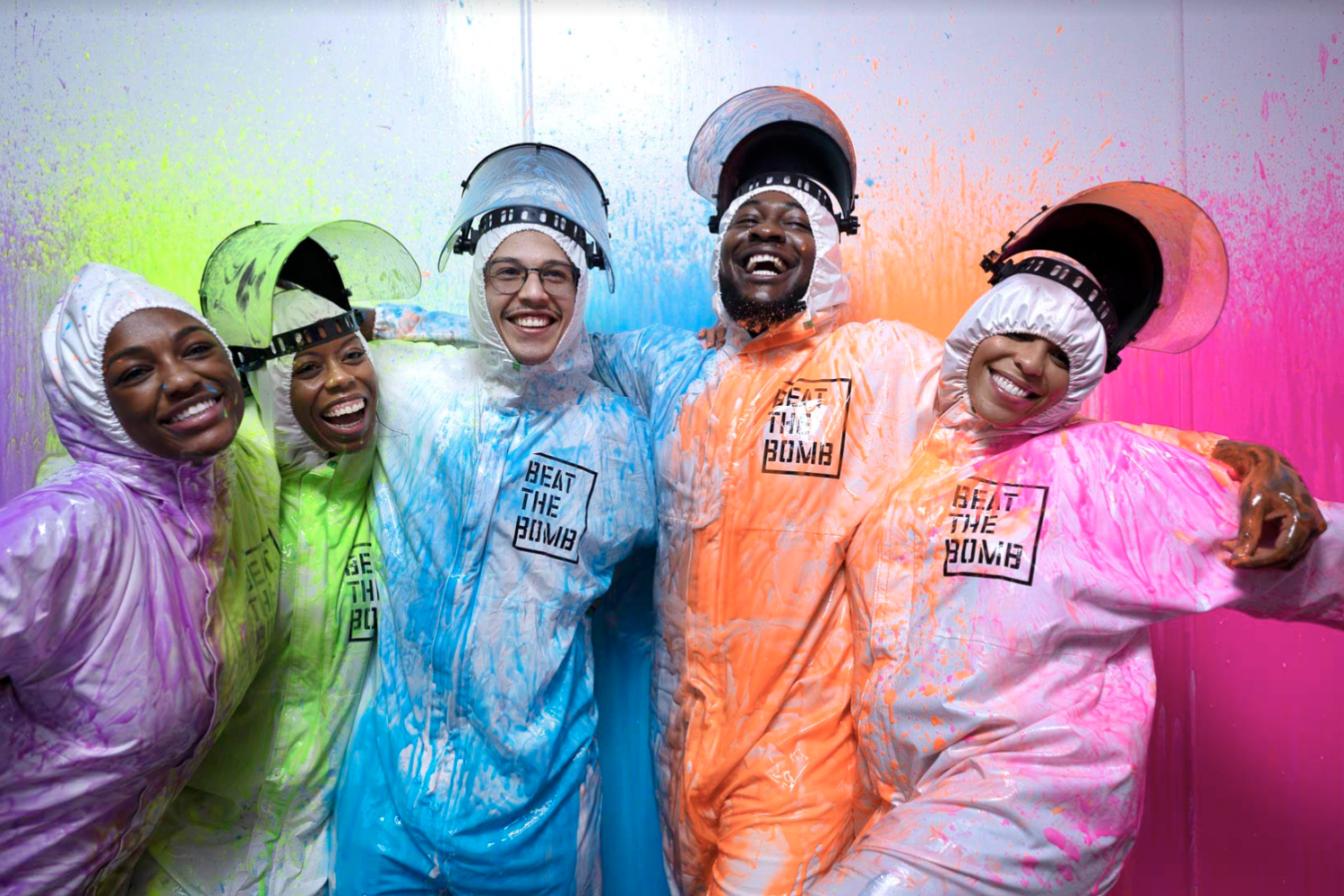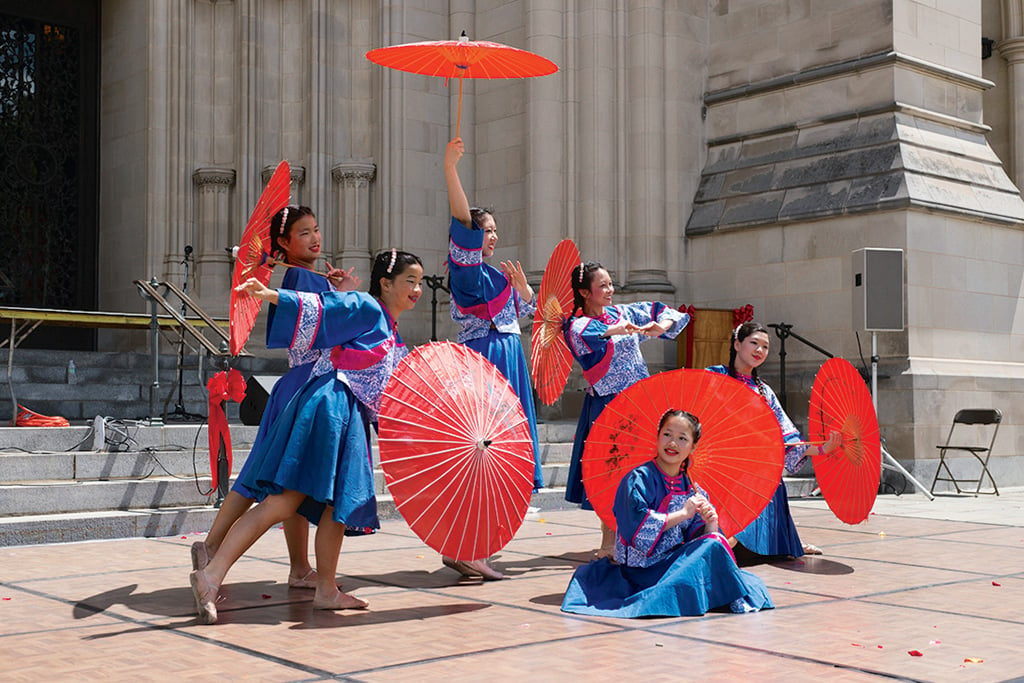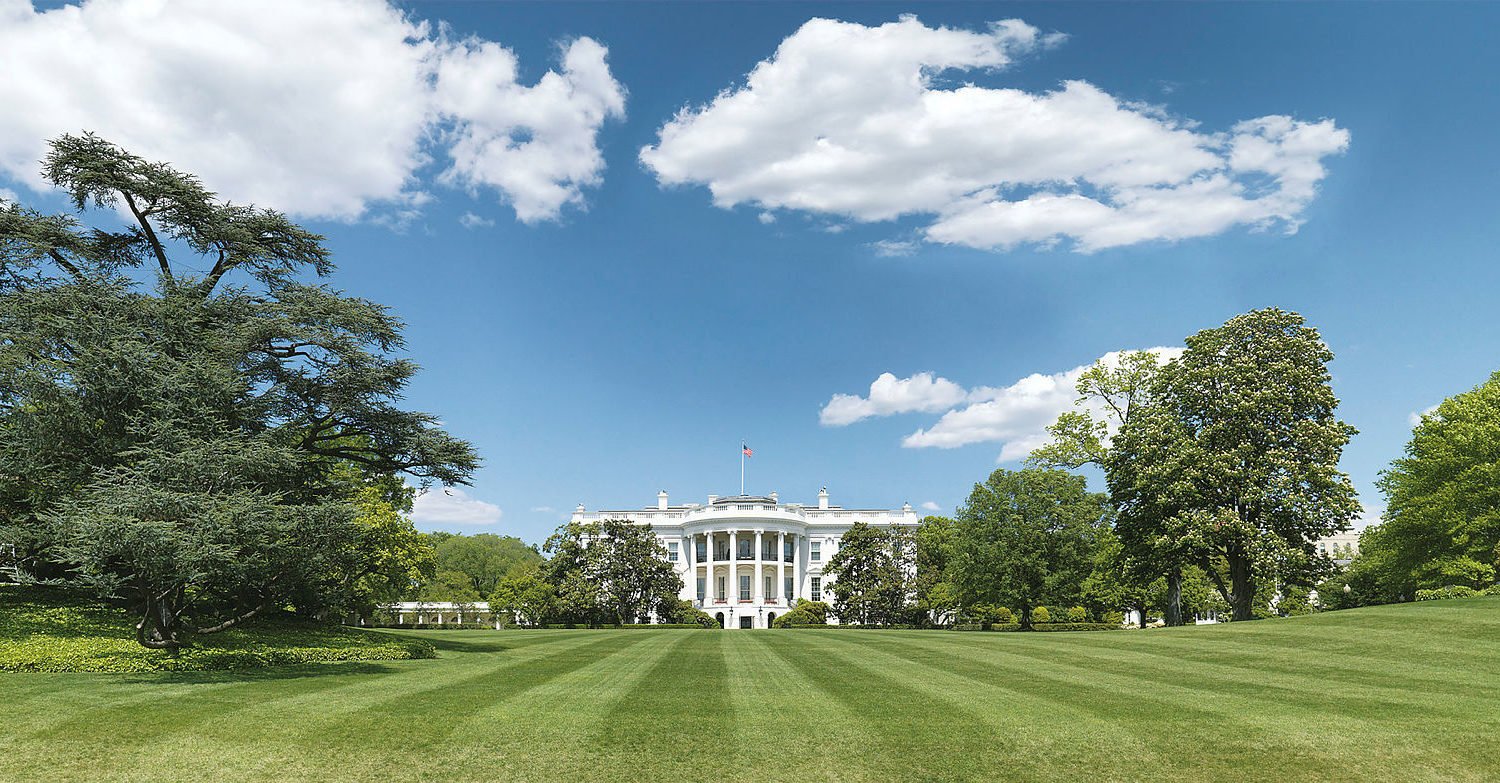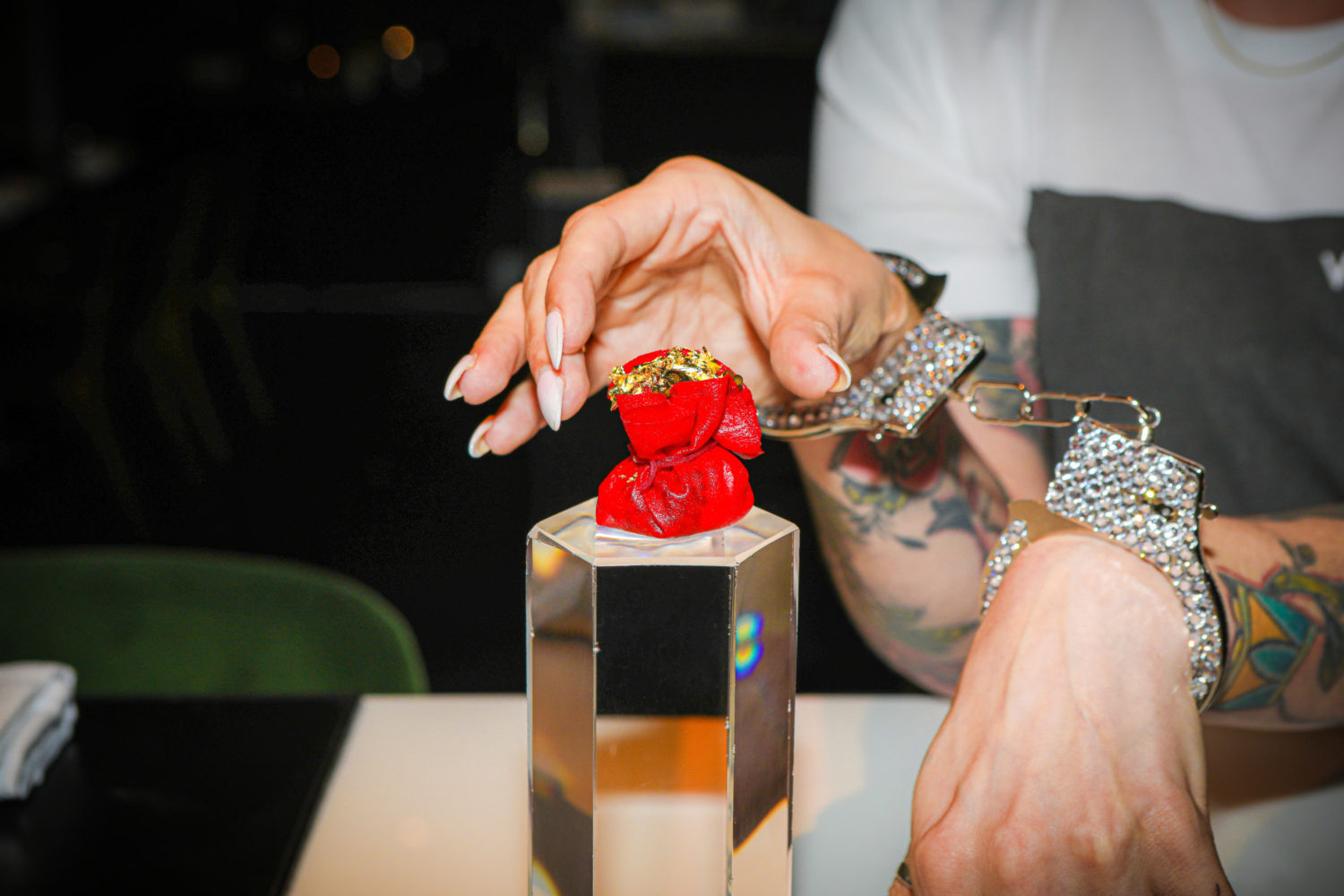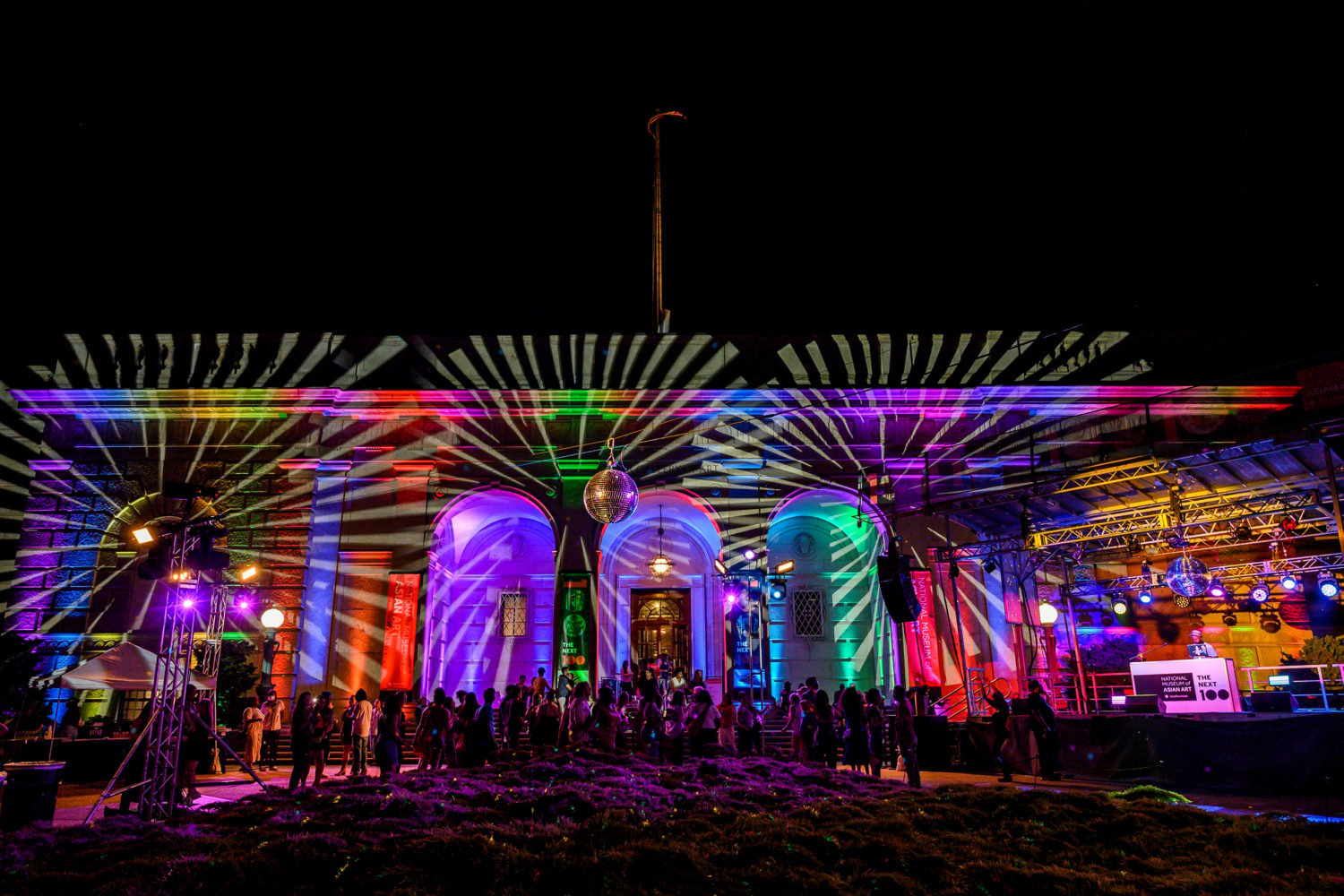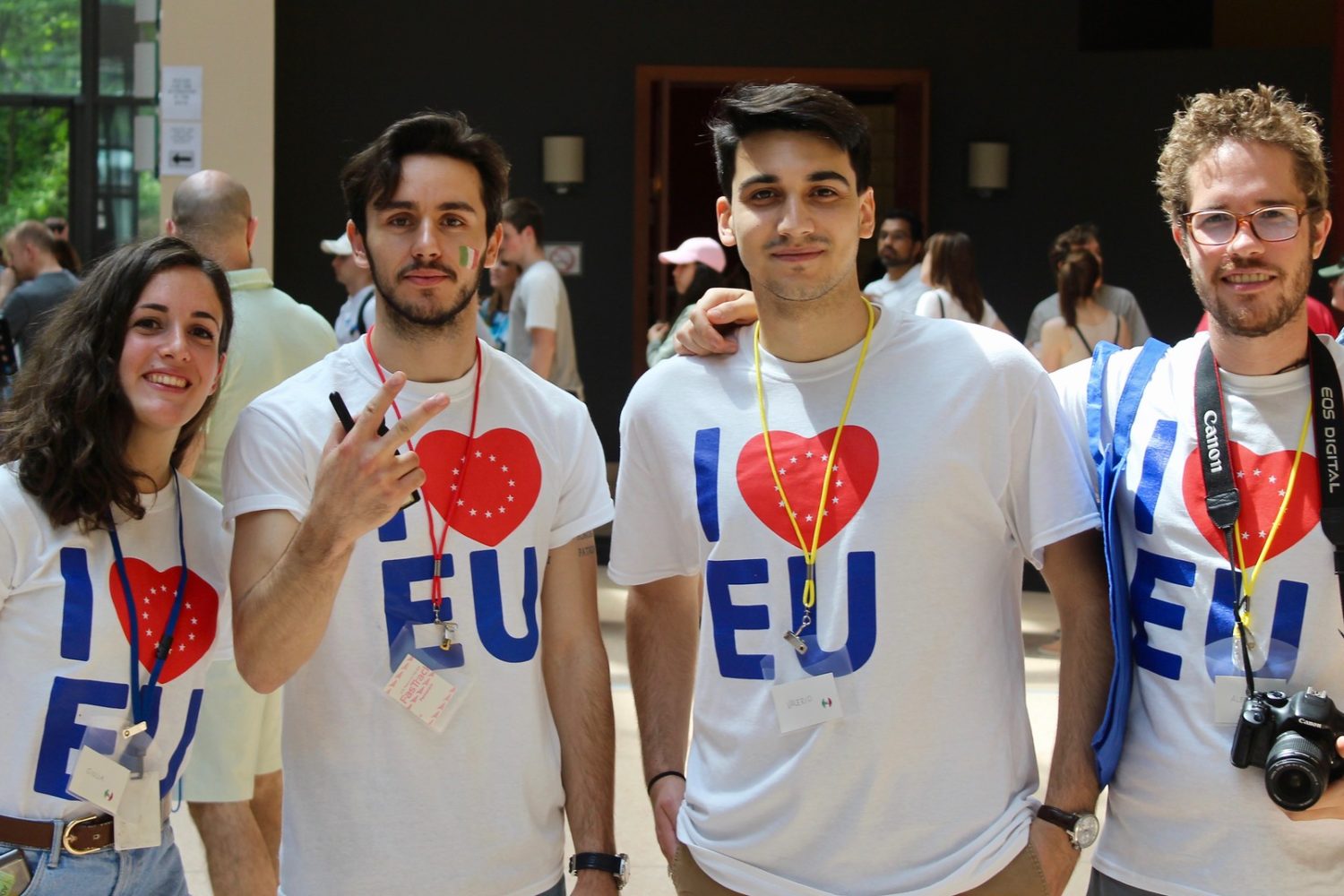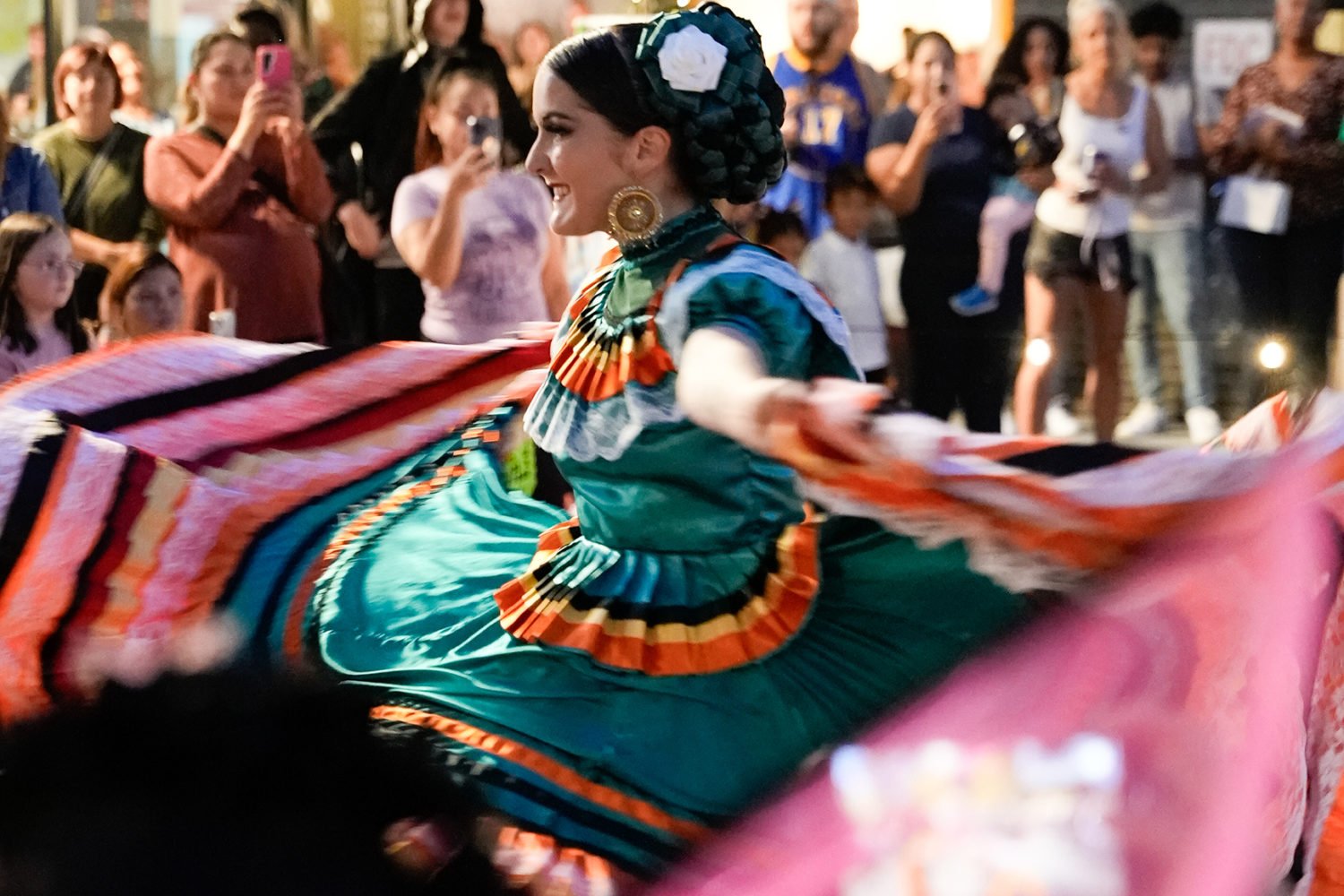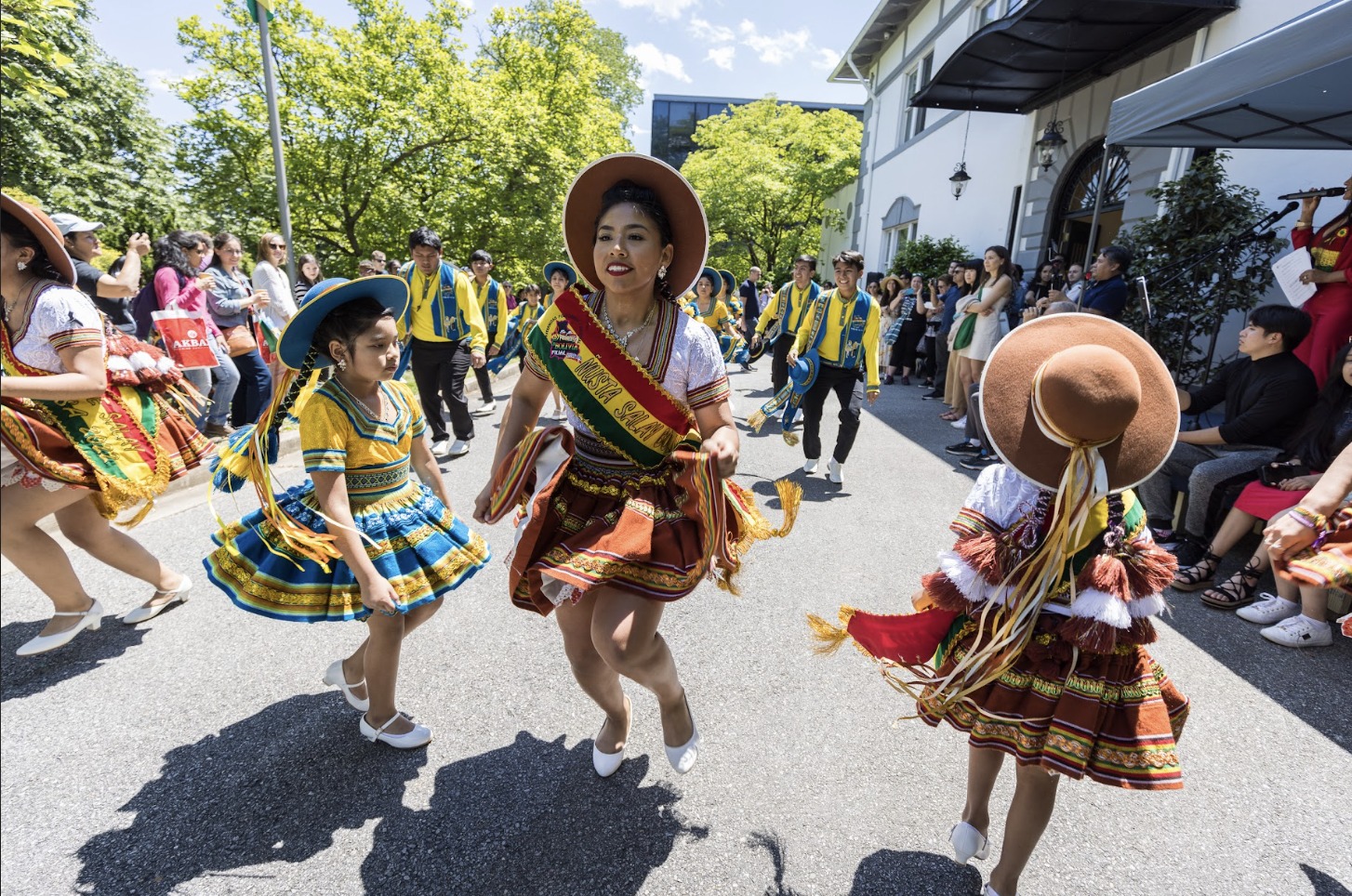It’s not every day that you get to share a room with four of the world’s great travel writers, so when New Yorker staff writer and famed author Susan Orlean, Lonely Planet global-travel editor Don George, and award-winning travel writers Tony Perrottet and David Farley recently sat down at the New York Times Travel Show to discuss their secrets to great travel, we were all ears.
Farley: “People often ask me if being a travel writer ruins travel for me. It’s the opposite. Travel writers see their job as going beyond tourism. It’s getting below a place, literally. It’s seeing how its blood flows. There’s nothing easy about it. The word ‘travel’ comes from ‘travail.’ ”
George: “To ‘get below a place,’ as David says, the first thing I do when I arrive at a destination is walk. I absorb it. I go aimlessly.”
Orlean: “I also walk. It’s by far the best way to get the pulse of where you are. But I also try to hop a bus or subway. I like feeling what it’s like to be there not as a tourist. Public transportation is a great template to compare cities. A book should be written about how public transportation is one of the most revealing aspects of a city’s character. It’s also one of the cheapest ways to see a place.”
Perrottet: “I’ve always found that you don’t know a place until you’ve hung out at a bar and drunk with locals. Art openings are also great ways to meet people in a foreign place and get an insider’s perspective of where you’re traveling; they’re cheap, there’s usually free wine, people are often eager to talk, and it’s more likely that they’ll speak English than not.”
Orlean: “Going in to a foreign family’s home is the highlight of travel for me. Since not everybody might know or meet a local family and have that opportunity, try going in to a family-run store. I’ve never gone anywhere—with the exception of Paris—where if you go in to a shop that isn’t busy, people aren’t incredibly welcoming and willing to talk to you about their hometown and work.”
George: “I always try to get lost. Put yourself in a situation where you’re vulnerable and ask someone, ‘Can you help me?’ It might not get you where you’re going, but those four simple words might get you to meet a local person and can get you to know the heart of where you are.”
Orlean: “When I was writing The Orchid Thief, it occurred to me: If you have a hobby, you have a commonality with people everywhere. Whether you belong to a church, collect stamps, or love orchids, if you do a little legwork before you set off, your shared hobby or interest can allow you to approach and meet people in another country.”
George: “Before I arrive at my destination, I research a place by reading a guidebook. Then once I arrive, I do my best to meet people. This often comes in unconventional ways, but over the years I’ve become uninhibited. I’ve dropped my bags and gone to local dance festivals, graduations, and weddings. All were free. Most were public.”
Orlean: “I’m a great believer in lack of preparation. I try hard to not prepare before I travel. If I know a lot or read too much about a place, I get there and the surprise is gone. I like getting scared and surprised. I get the barest of information and take my chances. I travel to replicate as close as possible the experience of being an explorer.”
Perrottet: “I’m very into history. I tend to select some very peculiar little tidbit in old journals or newspapers that interest me and follow the odd things written about it, such as a 17th-century walking tour through a city written by a prince.”
Orlean: “I believe wholeheartedly in thematic travel—especially to places that are very familiar. The most enjoyable trip to Paris I’ve ever taken was for a lingerie quest. I looked in fancy shops, exotic shops, and family shops. To see what passes for a bra in Paris and to see how they fit you is an experience in and of itself and well worth the price of admission.”
George: “I always recommend finding a coffeeshop, sitting, and watching for about three hours. Every coffeeshop is illuminative of the place where it’s set. A cafe in Europe will inevitably be different than one in New York.”
Perrottet: “I do that, but in bars. You learn a lot about a culture by the way they trash themselves.”
Orlean: “Far too often, people overextend themselves and don’t make time to hang out. My best advice is on your next trip, take a day and don’t plan anything. Just hang out. Another thing I really love to do while I travel—and something that’s really accessible—is to go to a local sporting event. It’s usually interesting, and you can tell a lot about the culture by what kind of food they’re serving in the stadium. At baseball games in the Dominican Republic, they serve whiskey. At little-league games in Cuba, they serve fried food. But you haven’t lived until you’ve gone to a baseball game in Japan and had sushi!”






